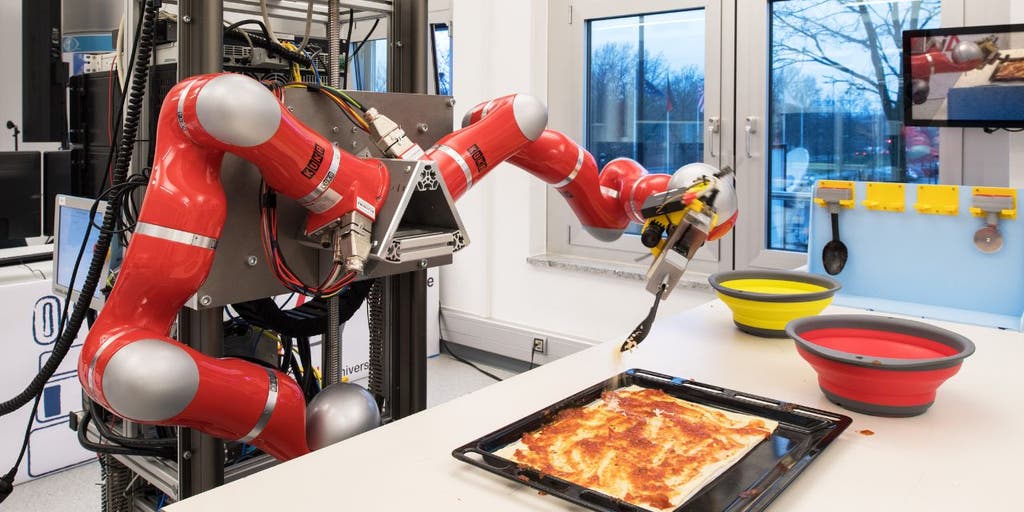C3 AI’s Chief Executive Officer, Tom Siebel, shares his insights on the immensely powerful technology during an appearance on The Claman Countdown show.
The widespread proliferation of artificial intelligence is poised to bring about significant shifts in career landscapes in the near future.
According to Christopher Alexander, the Chief Analytics Officer at Pioneer Development Group, AI’s impact on the workplace is set to rival the transformation seen when automation revolutionized blue-collar industries in the 1970s and 80s. However, instead of displacing factory workers with robotics, AI is expected to replace lower-skilled white-collar office positions.
Alexander’s observations align with a recent survey by Censuswide, which revealed that many mid-level office professionals are already anticipating the influence of AI on their jobs. Despite 50% of respondents acknowledging some level of interaction with AI technologies, a substantial 53% express a desire for more guidance and training to better comprehend this new technological frontier.
While AI may initially serve to complement the productivity of existing workforce, Alexander predicts a substantial wave of job displacements in the future.
Contrary to optimistic projections suggesting a net increase in job opportunities due to AI, Alexander argues that such claims are largely wishful thinking. In the short term, he anticipates that companies may curtail hiring practices as AI interventions enhance overall workforce efficiency.
As AI continues to evolve rapidly and businesses grasp its potential applications, there is a growing sentiment towards swift adoption of AI across various operational domains.
Jon Schweppe, the Policy Director at American Principles Project, warns of an impending economic overhaul driven by AI automation, which could have profound implications for the labor market, potentially leaving millions unemployed.
Similarly, Samuel Mangold-Lenett, a staff editor at The Federalist, foresees a scenario where AI gradually supplants human roles across diverse industries, questioning the necessity of hiring humans for tasks that AI can perform more cost-effectively.
Despite the looming challenges posed by AI integration, industry experts like Phil Siegel, the founder of the Center for Advanced Preparedness and Threat Response Simulation, emphasize the emergence of new opportunities for professionals who adeptly navigate the AI landscape.
Siegel underscores the importance of mastering new AI tools to enhance productivity, secure promotions, and prepare for forthcoming technological advancements. He highlights the historical precedent set by past technological revolutions like the PC era, internet boom, and social media era, where adaptability and upskilling opened doors to diverse roles in design, programming, sales, research and development, and distribution.
However, Siegel cautions that adapting to AI-driven workplaces may present unique challenges compared to previous economic transformations, emphasizing the need for enhanced logic and mathematical skills to effectively engage with the intricacies of AI technologies.
Looking ahead, Alexander envisions a new breed of professionals known as prompt engineers, tasked with optimizing organizations’ AI strategies for seamless functionality. These experts specialize in crafting prompts that effectively communicate with AI systems to achieve desired outcomes, a critical skill set essential for tailoring AI applications to specific business needs.
In conclusion, the integration of AI into workplaces is poised to reshape traditional job roles, necessitating a paradigm shift in skill requirements and job functions. As industries navigate this technological evolution, the role of prompt engineers and the demand for AI-savvy professionals are expected to surge, underscoring the imperative for continuous learning and adaptation in the era of artificial intelligence.






